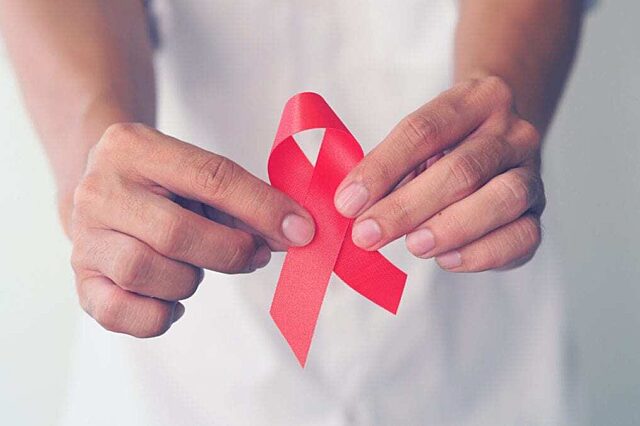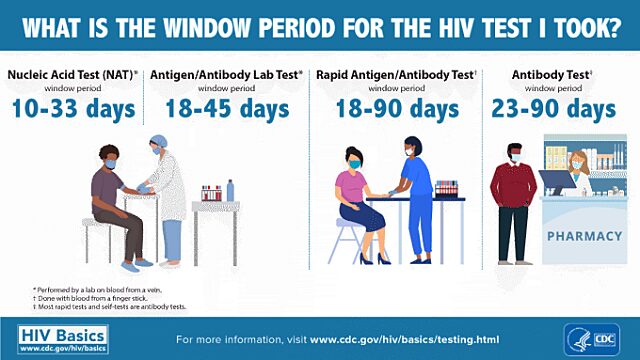Know Your Status: Taking Control of Your Health Starts with You
National HIV Testing Day is observed annually on June 27 to encourage people to get tested for HIV, know their status, and get connected to care and treatment.

National HIV Testing Day is observed annually on June 27 to encourage people to get tested for HIV, know their status, and get connected to care and treatment.
Human Immunodeficiency Virus, or HIV, is the virus that causes acquired immunodeficiency syndrome, or AIDS. HIV weakens the body’s immune system, making it difficult to fight off illnesses. You can have HIV without having any symptoms. Knowing your HIV status helps you choose options to stay healthy.
HIV testing, including self-testing, is a way to engage individuals to keep healthy, regardless of test results. Individuals who receive a negative test result can take advantage of HIV prevention tools—pre-exposure prophylaxis, or PrEP, and condoms and other sexual health services, including testing for sexually transmitted infections, or STIs, and vaccines. Individuals who receive a positive test result can quickly start HIV treatment with antiretroviral therapy, or ART, medicines to reduce the amount of HIV in the body and help you stay healthy.
Who should get tested for HIV?
The Center for Disease Control and Prevention recommends that everyone between the ages of 13 and 64 get tested for HIV at least once as a part of routine health care. Individuals with certain risk factors should get tested at least once a year.
What types of tests are available?
There are three types of HIV tests: antibody, antigen/antibody and nucleic acid. They’re usually performed using blood or oral fluid.
- Antibody tests detect antibodies to HIV in blood or oral fluids.
- Antigen/antibody tests detect both antibodies and antigens, and are usually done in labs. There are also rapid antigen/antibody tests done via a finger stick.
- Nucleic acid tests detect the HIV virus in the blood, and can detect it sooner than other types of tests.
Can HIV be detected immediately?
The window period for an HIV test refers to the time between HIV exposure and when a test can detect HIV in your body. The window period depends on the type of HIV test used.
What are treatment options?
The treatment for HIV includes either single pills or a combination of pills and injections.
HIV today
Despite advances made in treatment and education, an HIV diagnosis still carries a lot of stigma. Many people fear disclosing their positive HIV status because of the discrimination they feel they may face. When individuals are fearful of speaking about HIV, it can lead to not receiving the appropriate care. The goal for everyone living with HIV is to reach undetectable levels of the virus in their system. This can only happen if they’re in care, and seeing their provider on a regular basis.
Where can I be tested?
The University of Florida Center for HIV/AIDS Research, Education, and Service, or UF CARES, located in the UF Health Jacksonville Clinical Center building on the third floor, offers free rapid HIV antigen/antibody testing, Monday through Friday, from 8 a.m. to 4 p.m. Additional STI screenings are also offered, along with pregnancy screenings. Walk-ins are welcome.
UF CARES has been serving the local community for more than 30 years. The medical team remains dedicated to identifying and diagnosing individuals early, ensuring them access to care and other needed services in line with both the National HIV/AIDS Strategy and the Ending the HIV Epidemic Initiative. This National Testing Day, we encourage you to stop by and get tested – taking control of your health starts with you and knowing your status!
Like UF CARES on Facebook for the latest information about upcoming events, including HIV testing. Visit UFHealthJax.org/ufcares to learn more about our HIV care services.
